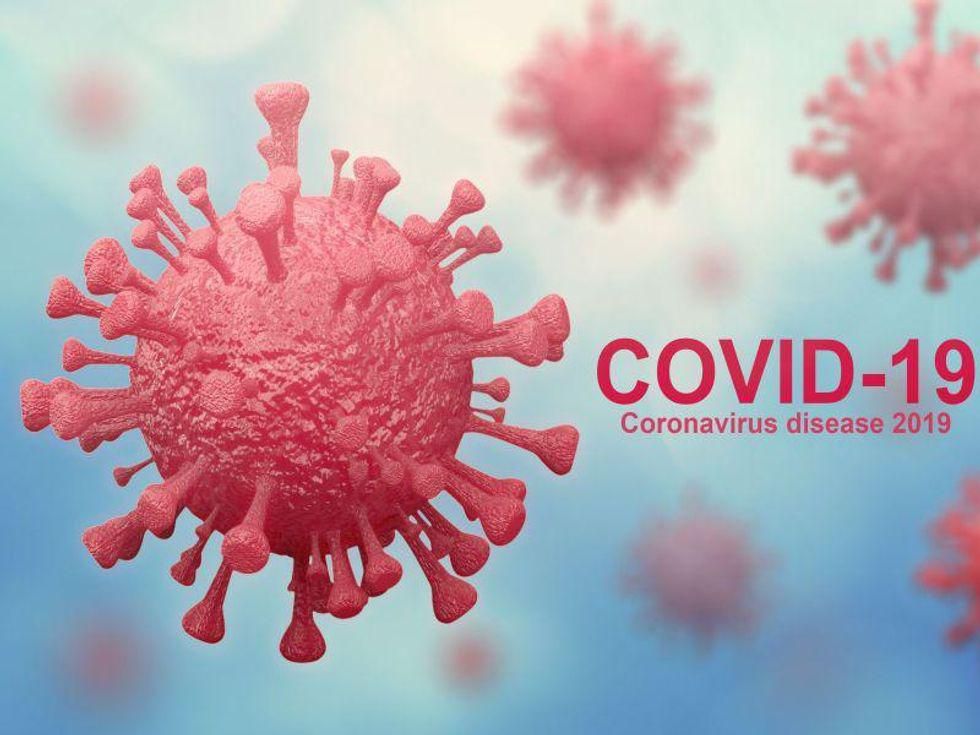WEDNESDAY, Aug. 4, 2021 (HealthDay News) — COVID-19 vaccines are helping protect the unvaccinated as the new Delta strain surges across the United States, but experts say its high infectiousness could mean even more people need to take the jab to achieve true herd immunity.
Tracking data shows COVID cases aren’t spiking as much in places with high vaccination rates as they are in places that are under-vaccinated, said Dr. Ricardo Franco, an associate professor of medicine at the University of Alabama at Birmingham.
There are 40 to 50 COVID cases per 100,000 in places where vaccination rates are below 30%, compared with about 15 cases per 100,000 in counties where more than 60% are vaccinated, Franco said.
“Unvaccinated people are actually benefiting from greater herd immunity protection in high vaccination counties compared to low vaccination ones,” Franco said during an Infectious Diseases Society of America (IDSA) media briefing Tuesday.
However, Franco added that the Delta variant’s alarming infectiousness means the United States will likely need even more people to get vaccinated to reach true herd immunity — the point where enough people are immunized that even unvaccinated people are protected from infection.
The original COVID strain’s infectiousness led experts to estimate that 60% to 70% of people would need to be vaccinated to reach herd immunity, Franco said. Each person infected with that strain could be expected to infect two to three more people.
But people with the Delta variant are passing it on to at least six people, according to tracking data.
“The problem here is that the Delta variant is twice as more transmissible as the original virus, and that pushes the overall population herd immunity thresholds much higher,” Franco said.
He estimated that the Delta variant’s herd immunity threshold could “go well over 80%, maybe approaching 90%.” By comparison, the herd immunity threshold for measles is 95%.
“While far from ideal at this time, this herd immunity should become more effective as we push more vaccinations, especially in counties where vaccination rates are lower,” Franco said.
Despite news of breakthrough infections among the vaccinated, Franco said unvaccinated people account for 97% of the COVID hospitalizations at his Alabama medical center. Overall, 89% of COVID samples that undergo genetic sequencing are shown to be Delta.
Vaccinated people are 8 times less likely than the unvaccinated to become infected by the Delta variant, and are 25 times less likely to be hospitalized or to die in the hospital from COVID, Franco said.
The problem isn’t that COVID vaccines are hard to come by in the United States, said Dr. Ezekiel Emanuel, co-director of the Healthcare Transformation Institute at the University of Pennsylvania.
“It’s very hard not to find a vaccine if you want it,” he said, adding that the vaccine “is free. Zero dollars. You’re not going to pay for it.”
But vaccination rates have faltered, as has COVID testing in America, Emanuel said.
As a result, there is no clear way to know whether vaccinated people are spreading the coronavirus through asymptomatic infections, alongside a large number of people who remain vulnerable because they won’t get the shot.
“We have seen a substantial decrease in the number of tests performed,” Emanuel said during the IDSA media briefing. “If you go to many places, it’s actually hard to get a test and hard to figure out where to get a test.”
Because of this, public health officials don’t have a good handle on the number of breakthrough infections that are occurring among the vaccinated, and how infectious these cases can be, Emanuel said.
The lack of adequate testing also could mean that an even nastier variant could emerge as COVID evolves, and we might miss it, he added.
“The worry has to be that something new is going to evolve, call it Epsilon or some other variant,” Emanuel said. “We need to be monitoring very, very carefully for that. If you’re missing breakthrough infections, you may be missing some evolution here that would be very important for us to follow.”
This lack of knowledge is why Emanuel supports the U.S. Centers for Disease Control and Prevention’s renewed call for masking when you pop into the grocery store, post office or other potentially crowded indoor space.
“Wear a mask for those 15 or 20 minutes,” he said. “It is very, very important, even in places that are very well vaccinated.”
In the meantime, everyone who isn’t vaccinated should get the shot, both to protect themselves and to head off future COVID mutations, Emanuel said.
“We don’t know where a new one is going to evolve,” he said. “We can be pretty sure there’s going to be a lot of evolution. That’s what nature does. And we’ve got to get protection from that, and the best way is getting the world vaccinated.”
More information
The U.S. Centers for Disease Control and Prevention has more about COVID-19 vaccines.
SOURCES: Ricardo Franco, MD, associate professor, medicine and infectious diseases, University of Alabama at Birmingham; Ezekiel Emanuel, MD, PhD, co-director, Healthcare Transformation Institute, University of Pennsylvania, Philadelphia; Infectious Diseases Society of America, media briefing, Aug. 3, 2021
Copyright © 2024 HealthDay. All rights reserved.

